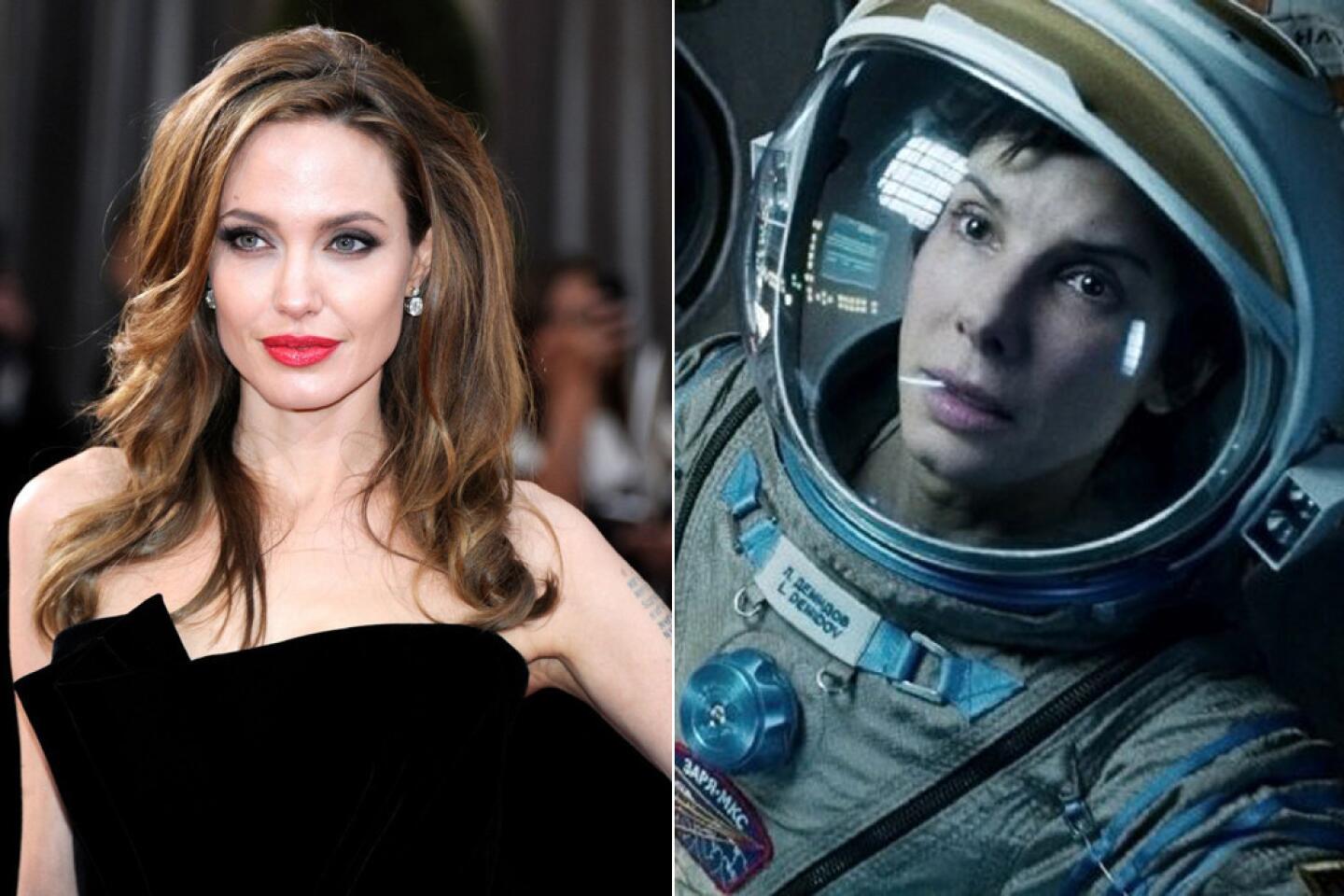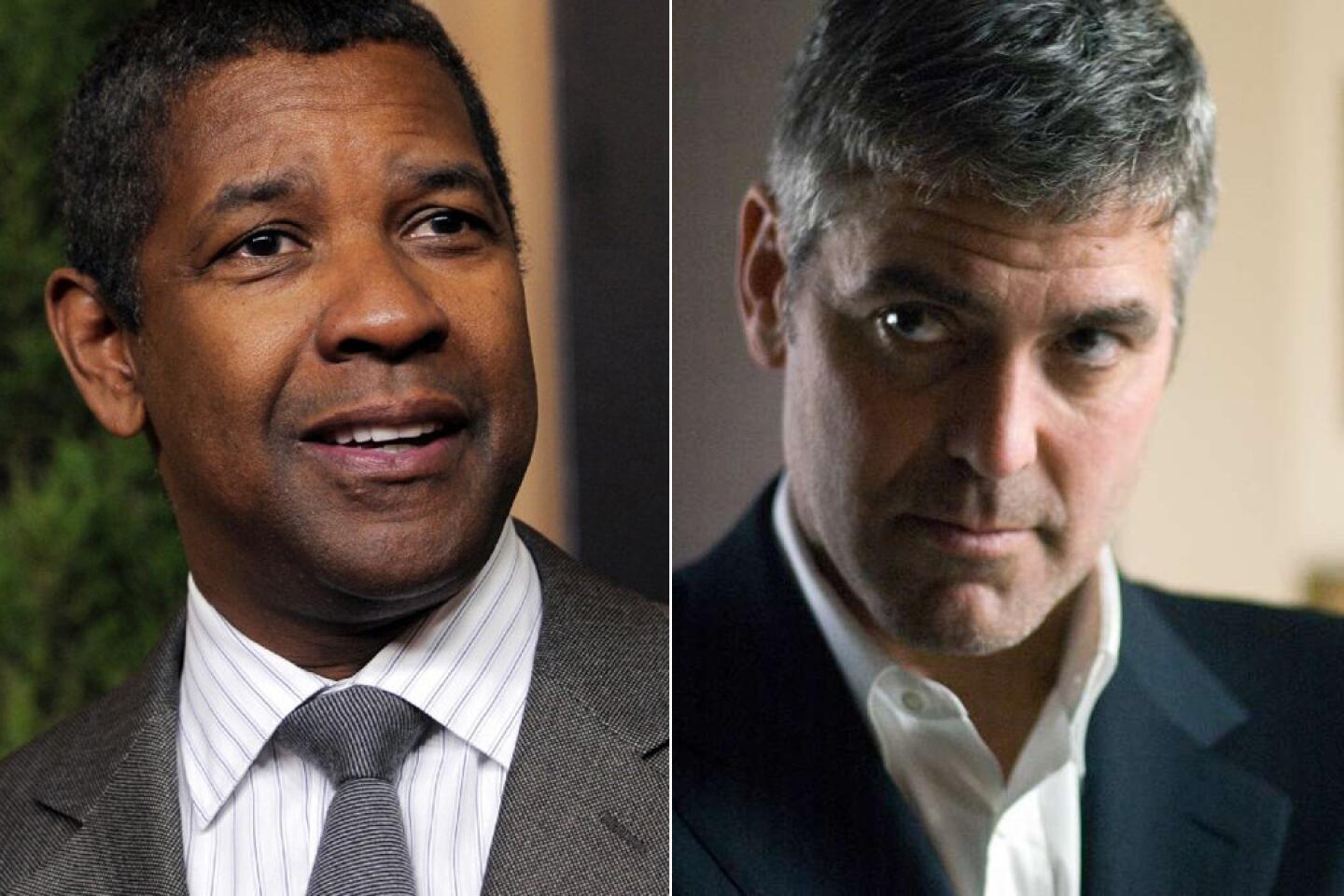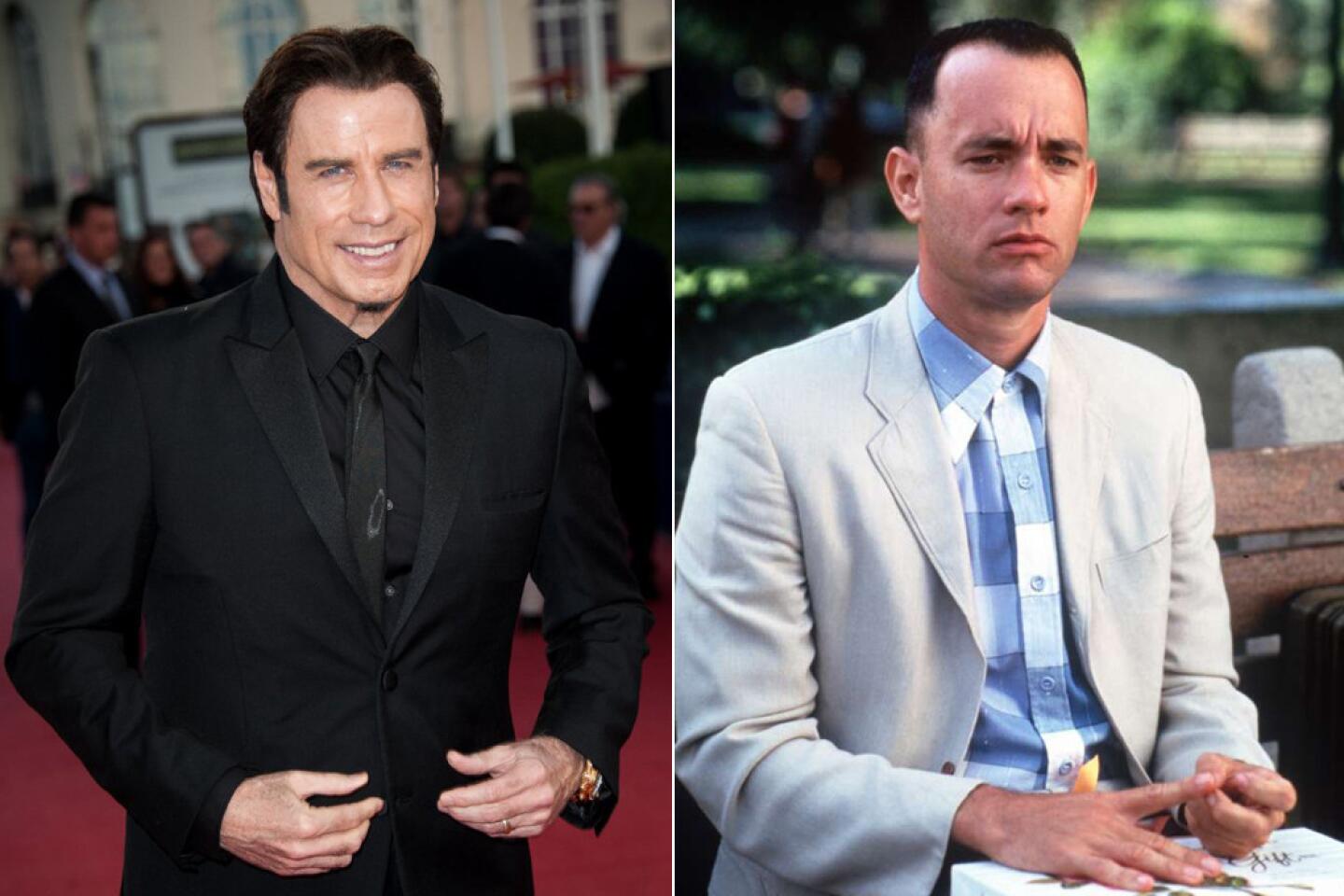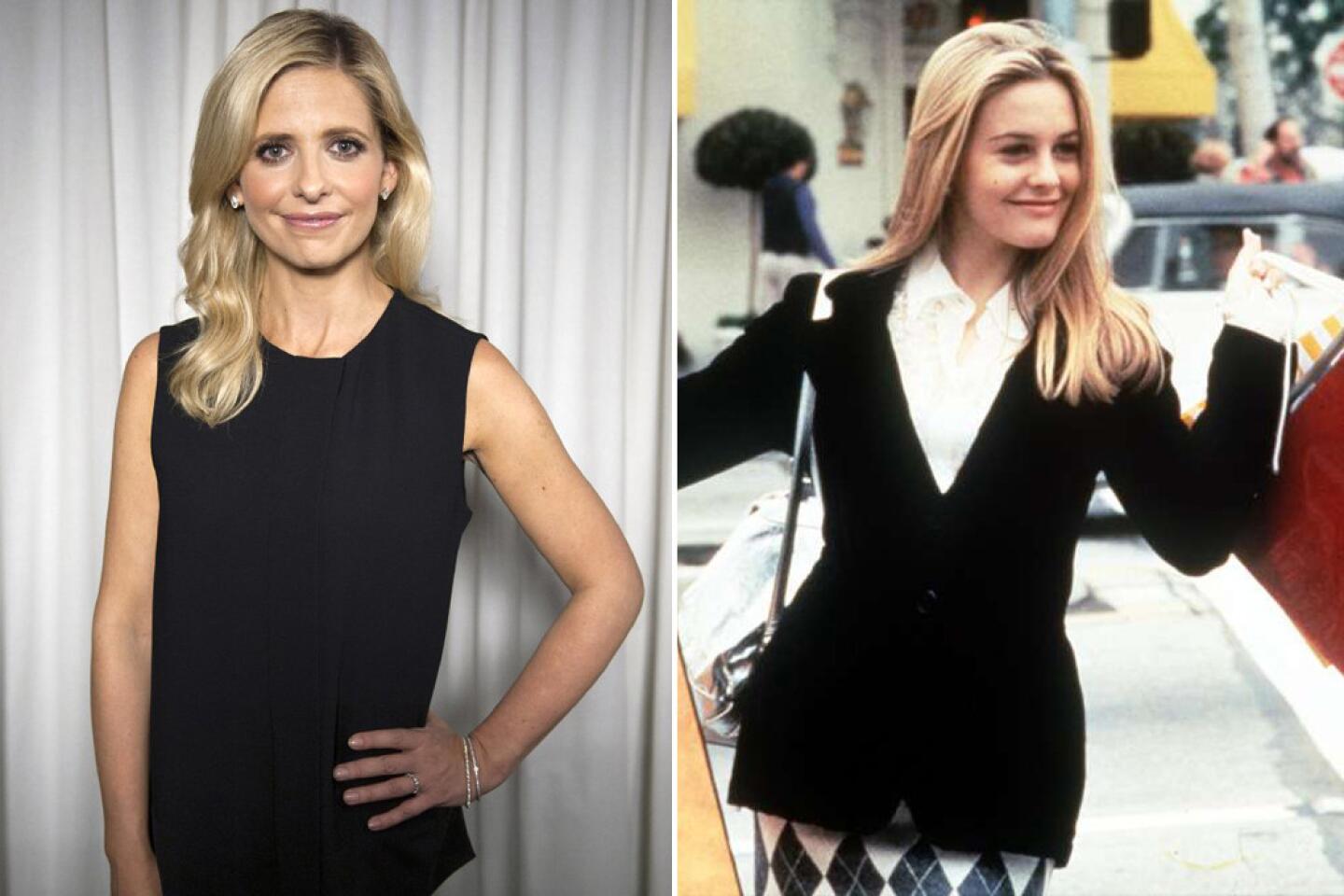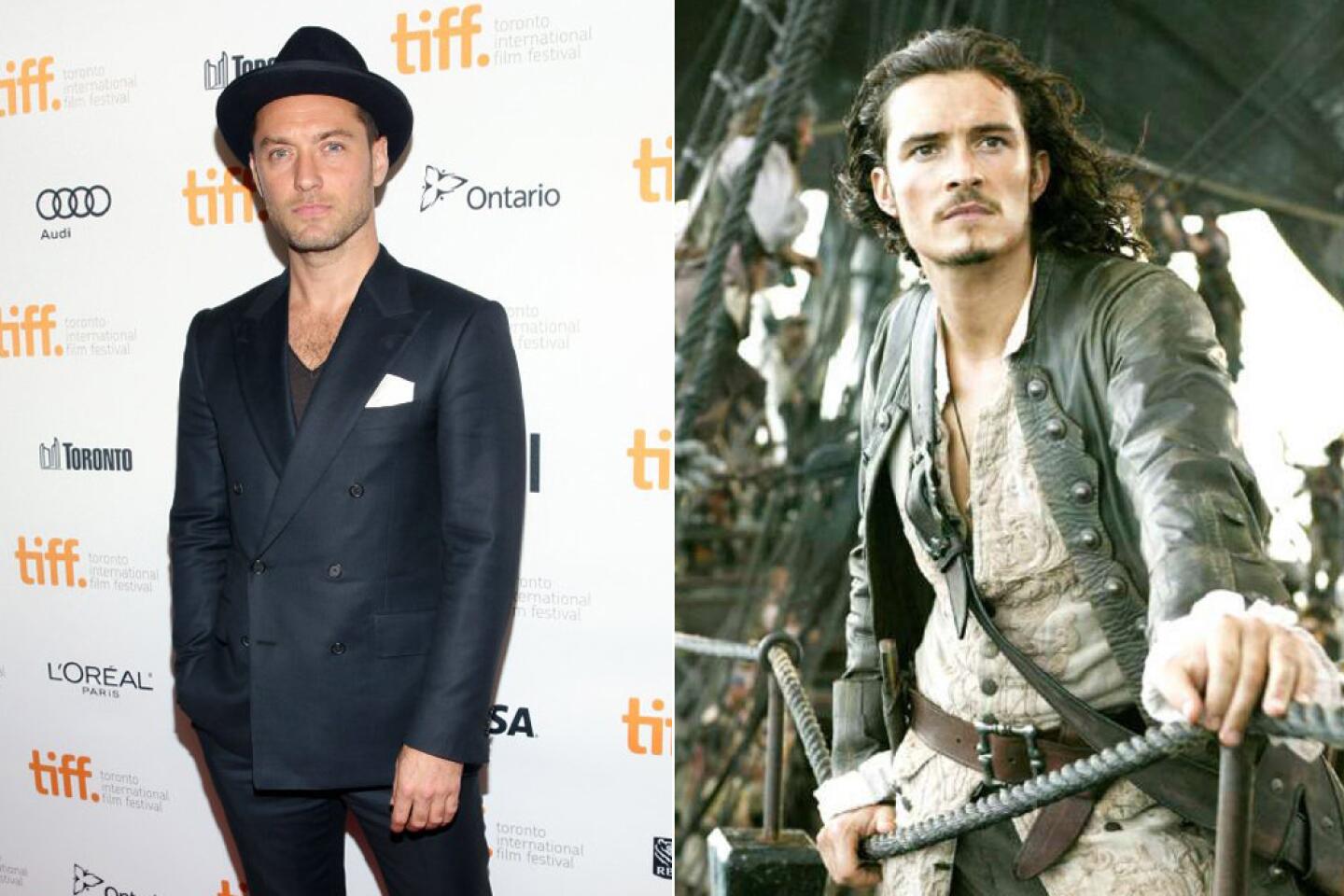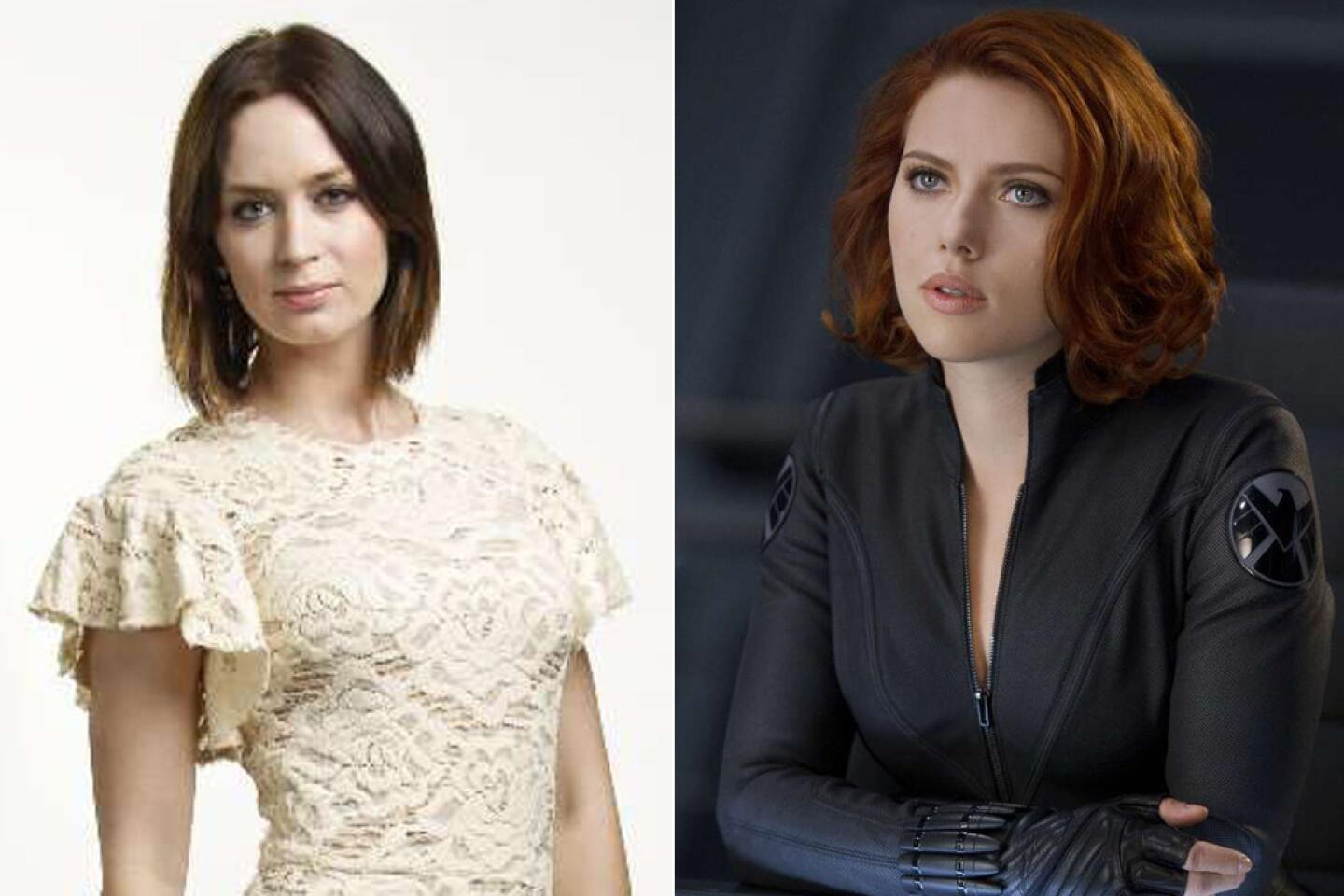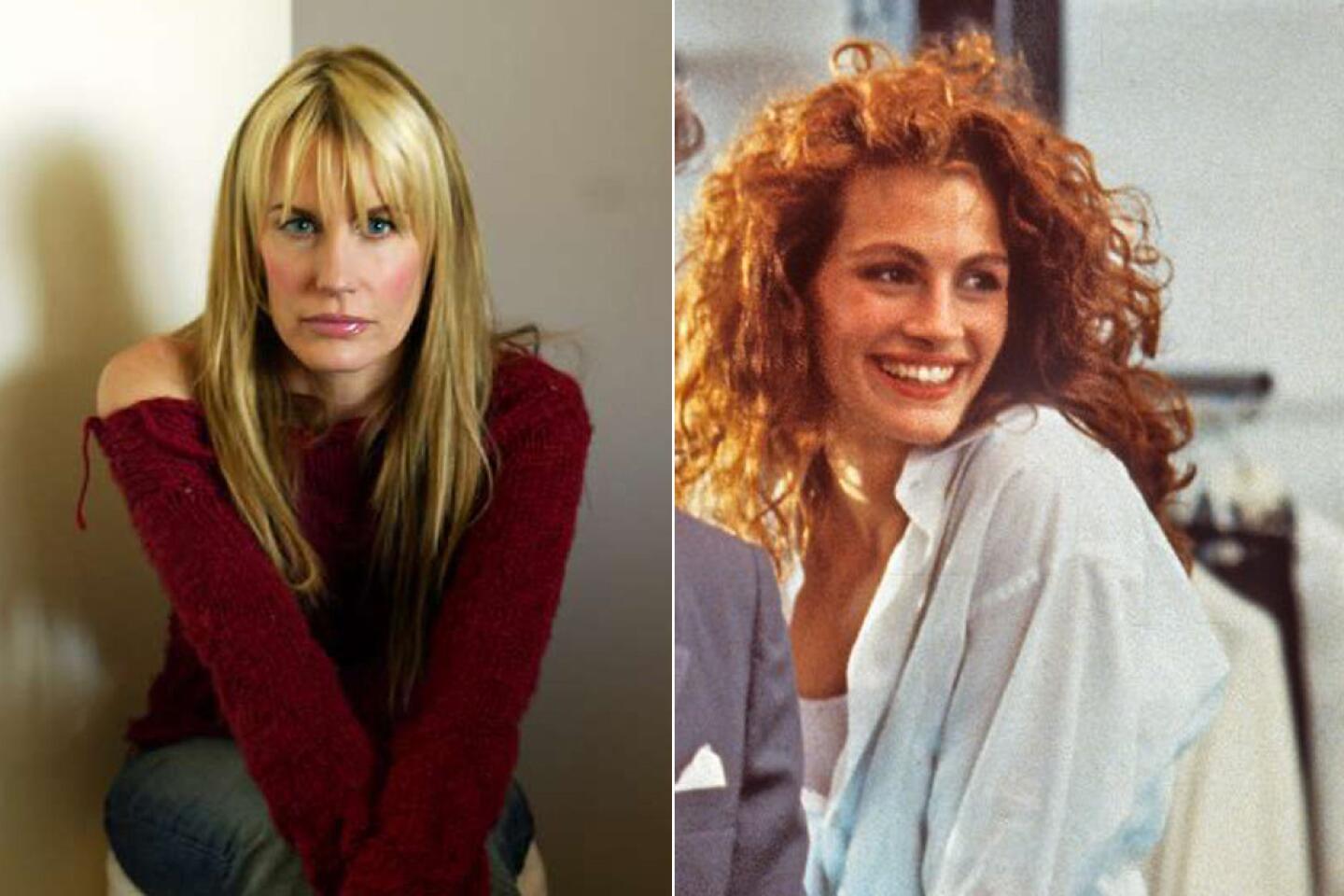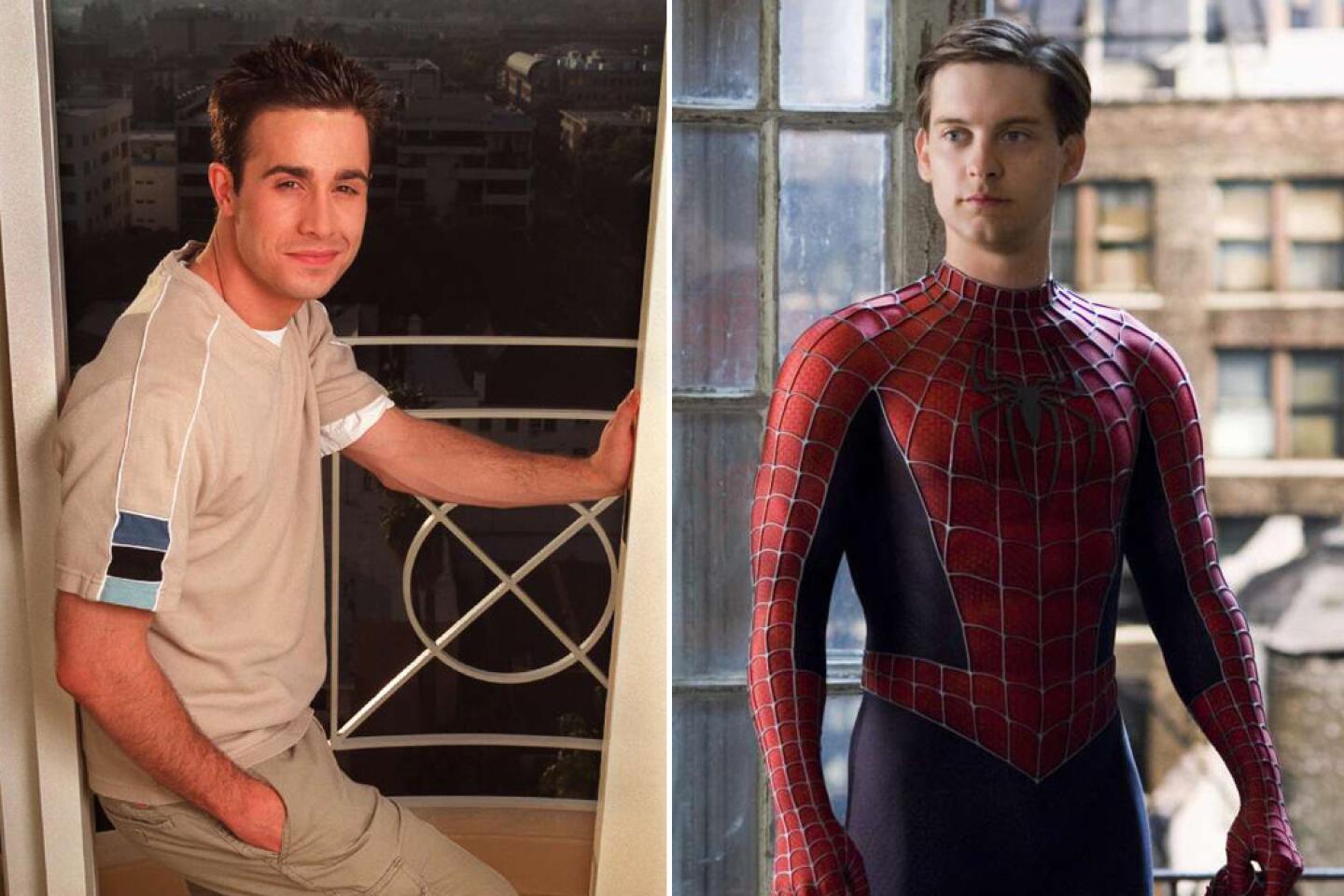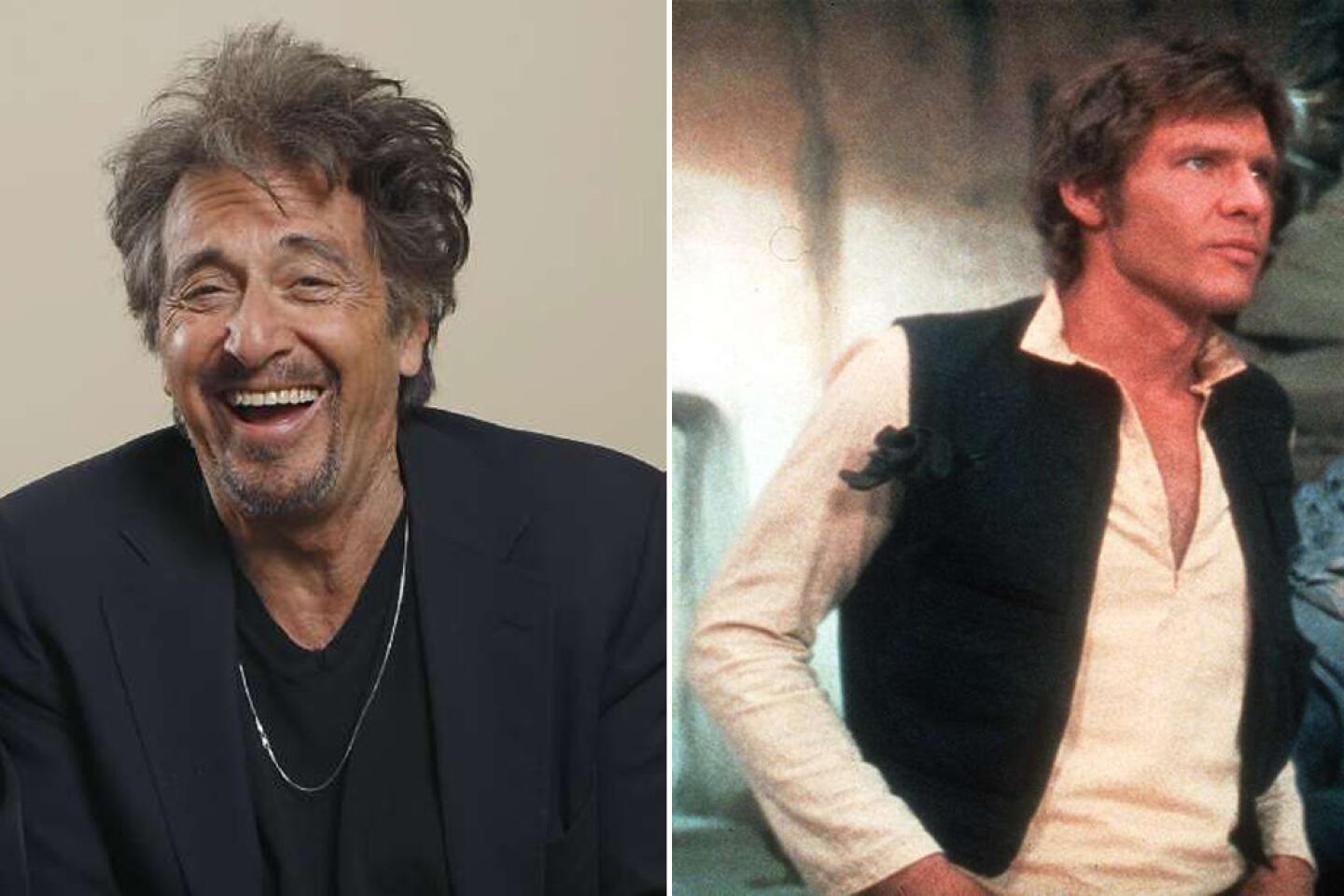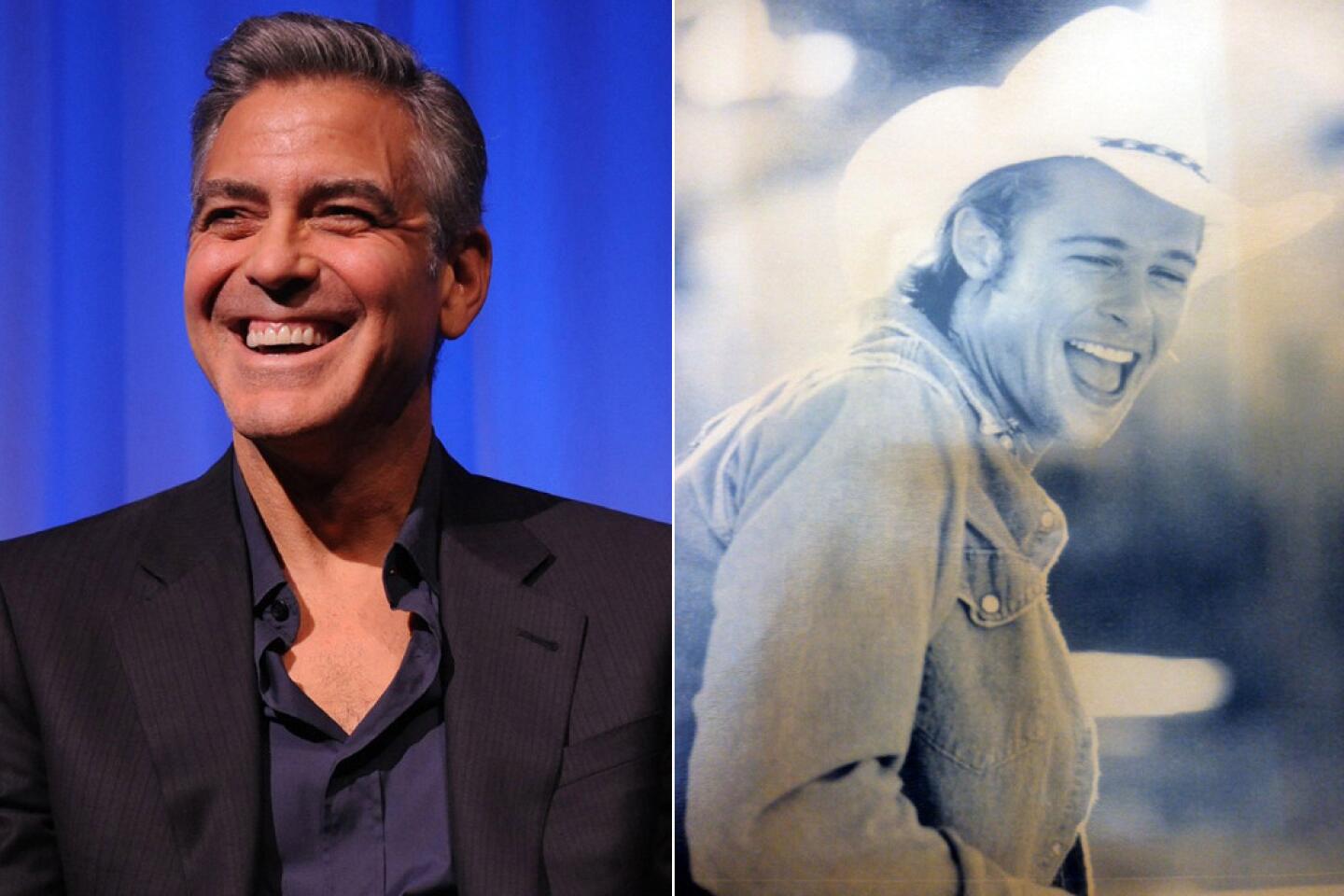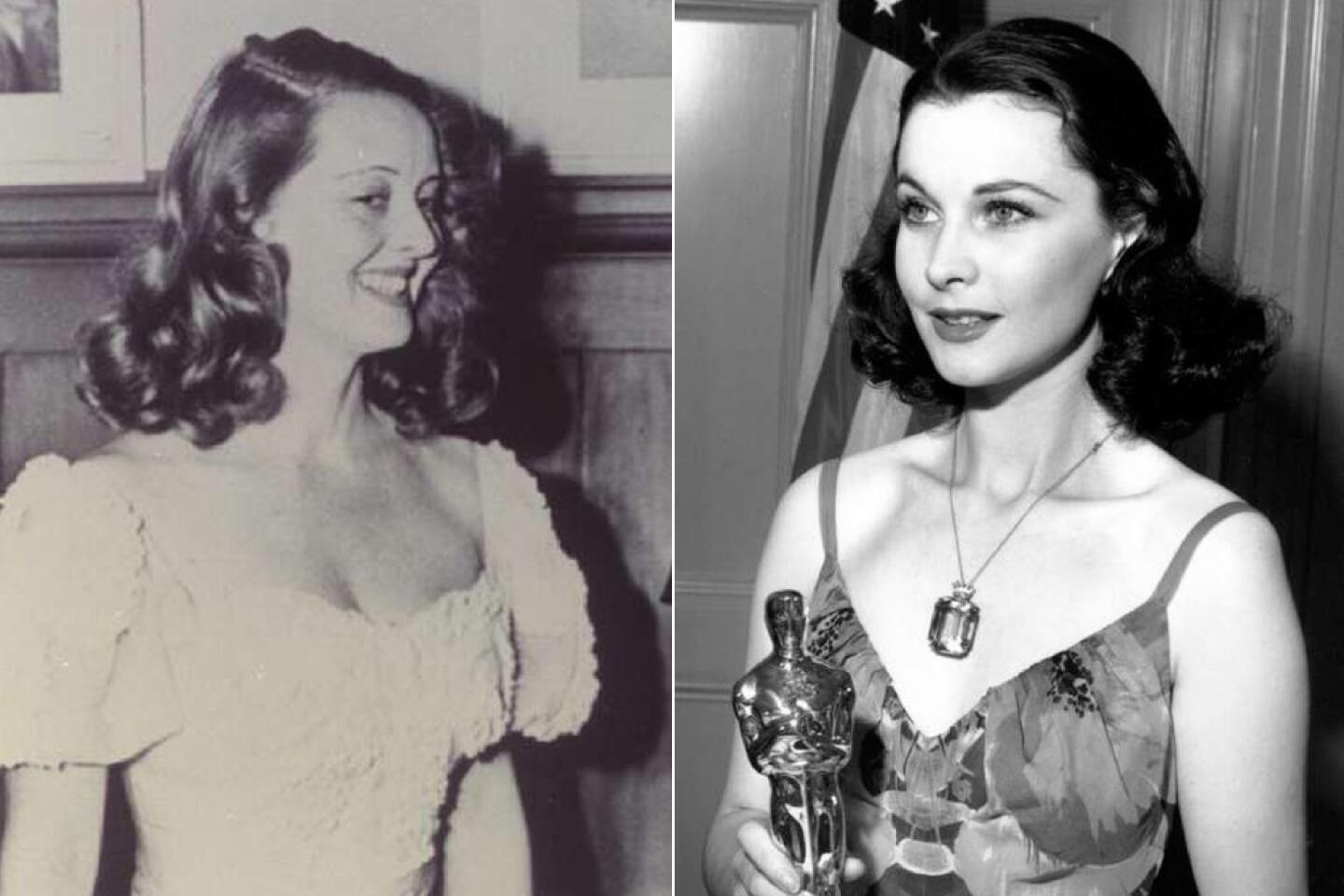Review: ‘Paradise: Hope’ completes Ulrich Seidl trilogy with a touch of kindness
- Share via
“Paradise: Hope,” the final chapter in Austrian director Ulrich Seidl’s trilogy on the dissonance between the dreams and realities of women and girls, is the most hopeful — and the best — of this solid and unsettling series.
With its quasi-documentary style, the film picks up the story of Melanie, a teenager who was barely introduced in the first films. The 13-year-old, played by novice Melanie Lenz, is spending her summer at a diet camp while her single mom is off at a Kenyan resort sampling the sex-tourist trade of “Paradise: Love,” and her aunt is dragging her sins and a statue of the Virgin Mary around Vienna in “Paradise: Faith.”
At least for Melanie, most of her disappointments are in front of her. But she’s also at a point in life when self-worth teeters and love and sex are waiting to be sampled, so there is much in play to let her down.
The trilogy is designed so that each film stands on its own. Yet seeing all three gives you a clearer sense of Seidl’s thinking, the “Paradise” he envisions more deeply explored. It is an unsparing examination — neither pockmarks or cellulite, prejudice or pain escape the lens of Wolfgang Thaler and Ed Lachman, the cinematographers who shot the three films over a four-year span.
“Paradise: Hope” begins with the reluctant teen trudging after her aunt into the clinic-like campus where doctors, nutritionists and trainers will try to make those additional pounds melt away. Shots of the kids being weighed in and put through rigorous training are relatively stark. But as Melanie’s story unfolds — she’s developing a crush on the camp’s founding doctor, a handsome, charismatic sort who is 40 years her senior — a sensibility we don’t often see in Seidl’s work begins to creep in: kindness. He is far gentler with Melanie than he was earlier with the mother or aunt.
The doctor, played by an excellent Joseph Lorenz, has his own issues. At first amused by Melanie’s crush — she’s taken to visiting his office with a new complaint every day — he increasingly finds himself drawn to the teen and disturbed by his feelings. As Seidl is wont to do, he toys with the pull between social propriety and sexual need in discomforting ways.
PHOTOS: Billion-dollar movie club
Though the life cycle of the flirtation, which represents Melanie’s first real experience at love, is what propels the film forward, the best moments are between the kids. The campers are housed in a dorm-like setting, four to a room, and the giggling and sharing that goes on behind those closed doors captures adolescent joy and angst in its purest state. The girl talk between Melanie and her more experienced roommate Verena (Verena Lehbauer) is particularly affecting.
Meanwhile, Lenz is an unpretentious delight as the pretty blond teen convinced that the extra weight she is carrying makes her less attractive. Thirteen herself when the film began shooting, she does a remarkable job of swinging between insecurity and bravado. The connection between the teenager and her co-star, a seasoned character actor, is frighteningly well drawn. The ebb and flow of their flirtation has all the naturalistic ease of someone pulling petals off a daisy — he loves her, he loves her not.
“Hope,” like the director’s other narrative films, continues to be influenced by his documentary work for which he was first known. Though the film was written with his wife and frequent collaborator, Veronika Franz, much of the dialogue is improvised. But that improvisation exists within a tight structure of scenes and settings. It brings a sort of controlled chaos to Seidl’s films that make the fiction feel real.
---------------------------
‘Paradise: Hope’
Not rated
Running time: 1 hour, 31 minutes; German with English subtitles
Playing: CineFamily, Los Angeles
More to Read
Only good movies
Get the Indie Focus newsletter, Mark Olsen's weekly guide to the world of cinema.
You may occasionally receive promotional content from the Los Angeles Times.
